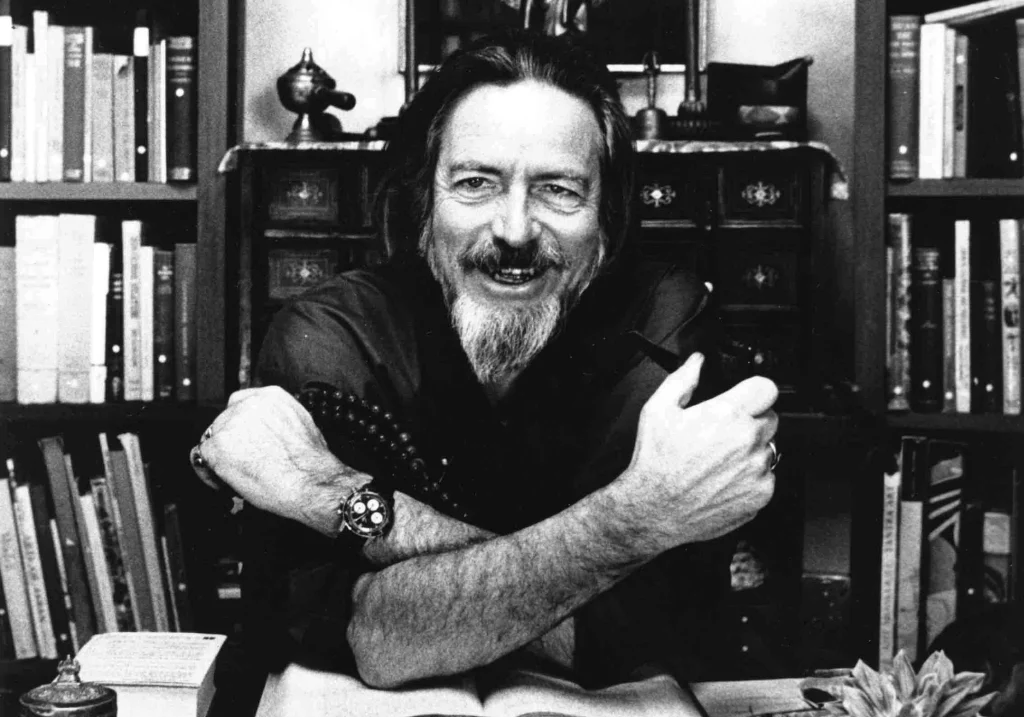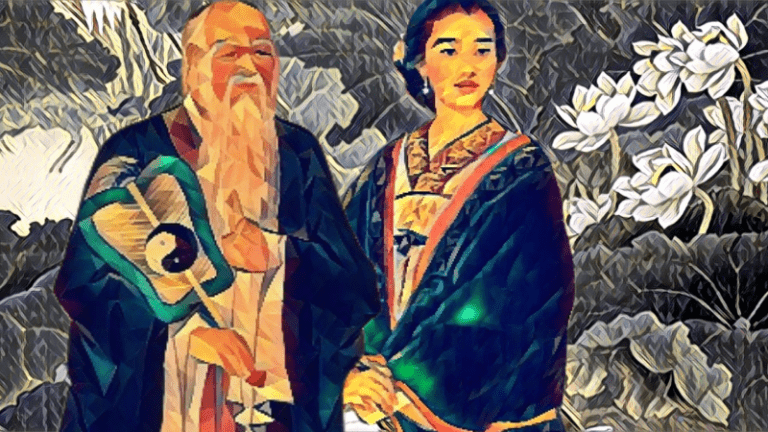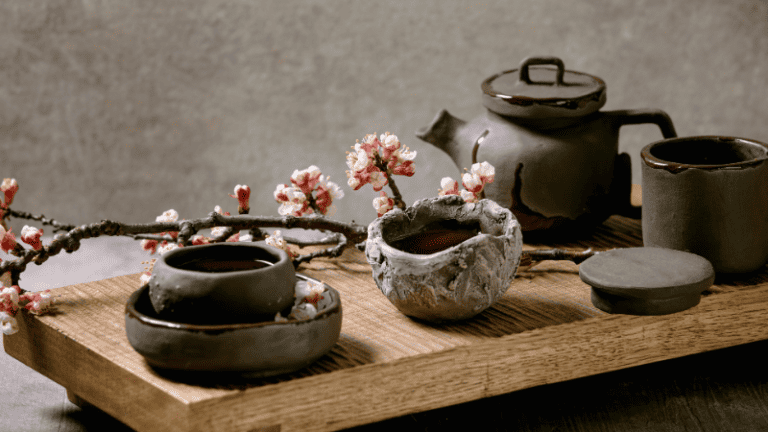Alan Watts on life: It's just a show
Alan Watts is considered one of the mediators between Eastern and Western philosophy. This passage from one of his lectures deals with the idea of what life and being are.
In summary, Alan Watts describes the Hindu principle of "lila". All beings and things are in principle nothing more than different roles through which the highest self experiences itself. This would be like a game in which one is so absorbed that one is no longer aware of the fact that one is only playing.
Here is the video, of the entire talk by Alan Watts on this topic. I recommend you watch it before we get into exactly what he meant by it (if you don't understand English just skip the video):
Here is a small overview of how the rest of the article is structured:
At first part I will translate the actual story.
At second part I will present my own opinion on the story.
1. the translation of this thought game
Disclaimer : This post is not a word-for-word translation, however I have tried to convey the message as faithfully as possible.
If you were the highest self, what would you do?
I mean, would you just sit there and be blissfully happy forever and ever?
No, of course not.
You would play games.
You would, in other words - by the nature of the fact I mentioned ("No energy system is an energy system unless it lets go of itself") - let go of yourself.
And you would lose yourself.
You would get involved in all kinds of adventures and you would forget who you were.
Just like a game.
For example, poker:
Even though you're just playing for money and chips, you get so engrossed in the game. And even though there's nothing really important to win and nothing really important to lose, it becomes incredibly interesting to see who wins and who loses.
In the same way, it is said that the supreme self is absorbed through the many channels we call the various beings in action.
Just as an artist or a writer is totally absorbed in the artistic creation he/she is making, or an actor is absorbed in a role in drama.
At the beginning, we know it's a drama. We go to a play and we also say to ourselves: "It's just a play"
And also the proscenium arch tells us that what is happening behind this arch is not real.
It's just a show.
But the great actor will make you forget that it's just a show.
He will make you sit on the edge of your chair. He will make you cry. He will make you tremble.
Because it almost convinces you that it's real.
What would happen if the best actor was confronted with the best audience, while both are completely captivated by each other?
This is the idea of the universe as drama.
The fundamental self - the Saguna Brahman - plays this game, gets involved in being all of us, and does it so damn well, so superbly played, that the thing seems real.
And we don't just sit on the edge of our chairs, we stand up and throw things. We join in the drama and it becomes what it is. You see...
At the end of the drama (for all things that have a beginning must also have an end) the curtain goes down and the actors retire to the green room.
There, the villain and the hero cease to be villain and hero, and they are just actors.
And then they come to the curtain and line up.
The audience applauds the villain and the hero.
The villain because he was a good villain and the hero because he was a great hero.
The play is over.
And everyone breathes a sigh of relief:
"That was a great show, wasn't it?"
The whole world is one big spectacle:
Purple - the game of the highest self.
That is why it is compared to a dream, to a temporary illusion.
And that's why you shouldn't take them seriously (although that's part of it, of course: we take it seriously).
But you see, one of the big questions you have to ask yourself when you really get to the bottom of your own inner self:
"Are you serious?"
Or do you know deep inside that you are an impostor?
- ALAN WATTS

2. my thoughts about this talk
I don't know how long it's been since I first heard this talk, but it's definitely been a few years. Even then, the idea that life is nothing more than a story brought a strange calm: it was suddenly not so bad when something bad happened.
And I hope you can take the same away from Watt's words, respectively from this Buddhist concept.
Especially at a young age, it can be scary to not have found your way yet. Then to hear that it's okay and that it doesn't really matter can be an enormous relief.
But also in any other stage of life, this view can bring relief: Perhaps you feel you have lost your way (or perhaps you still haven't found it). Or maybe you feel you are not living up to society's expectations. Whatever it is, it is okay and not bad.
It's about enjoying the piece of life while it lasts.

Loosely recounted, Alan Watts also said that life is like a dance. And the meaning of dance is simply to dance.
Here's another important point I'd like to highlight (because otherwise it could lead to a potentially problematic interpretation):
Watts makes it clear that these are great actors and actresses giving a fantastic performance. I find this point so remarkable because it reminds us that they are trying immensely, even though everything is not serious.
So you and I should also try to give the greatest representation of ourselves.
If we forget this component of the play, we may begin to fall into lethargy. After all, it doesn't matter whether we do something or not anyway. Isn't it?
We all have our part to play and your job is to make it what you feel is best. So you can enjoy the thunderous applause when the curtain has closed.
Did you like this article? You can let us inform you about new articles:







